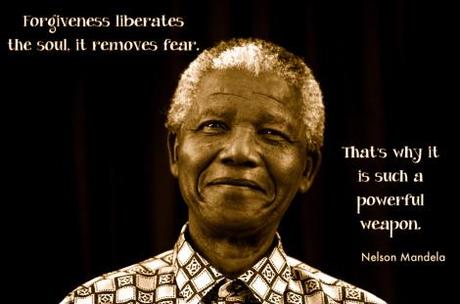
By Charles Kiker
On one occasion Simon Peter asked Jesus, “Lord, how many times shall I forgive my brother? Up to seven times?”
Now, Peter thought he was being generous. After all, seven is a complete number in Biblical culture. But Jesus said “No, not seven times.”
Let’s put scripture on pause at that point, and wonder what Peter was thinking during the pause. Maybe once would be enough. Twice at most. Jesus had said something like if someone slaps you on the cheek, just turn the other. And he hadn’t said what to do after that.
Maybe Peter was carrying a grudge about something that he knew he needed to forgive, but was hoping to get it settled at minimal emotional cost with the absolute least forgiveness possible. Surely twice would be enough, and surely seven times would be more than enough. Let’s release the pause button and hear Jesus out.
“No Peter, not seven times, but seventy times seven.” It’s seven times multiplied by itself and then multiplied again by another complete number, ten—an infinite number.
That’s the way it is with God’s forgiveness. It’s infinite. It’s perfect. Jesus tells us to be perfect even as our heavenly father is perfect. And this is in the context of loving our enemies, and praying for those who persecute us. We are in this to be like God, who makes the sun to shine and the rain to fall on the just and the unjust alike.
Jesus modeled on earth this heavenly forgiveness even as he was suffering on the cross. “Forgive them, for they know not what they do.”
Nelson Mandela was a remarkable human being. He was a black man who lived in apartheid South Africa. Under apartheid, all black people were required to carry a kind of passport at all times, and if they were in an area restricted to whites, they had to have written in that passport permission, signed by an authority, allowing their presence in that whites only area.
Blacks and other non-white “coloreds” were in the vast majority in South Africa, and naturally chafed under apartheid restrictions. A large group came in nonviolent resistance to Sharpsville, intending to give up their papers, thereby becoming criminals, and surrender themselves for arrest. But instead of arresting them, the police opened fire with live ammunition, killing a large number of the protesters. Mandela, a leader of the African National Congress, decided it was time to abandon non-violence and engage in sabotage. He was arrested and sentenced to life in prison.
International condemnation finally led to the abandonment of apartheid. Mandela was released after twenty-seven years in prison, and in the first free elections in South Africa he was elected president. He might have sought to exact revenge; instead he practiced forgiveness and worked for reconciliation with his oppressors.
Nelson Mandela died last week at ninety-five years of age. If any person from our times has understood seventy-times-seven forgiveness, it is Nelson Mandela.
May his tribe increase.
